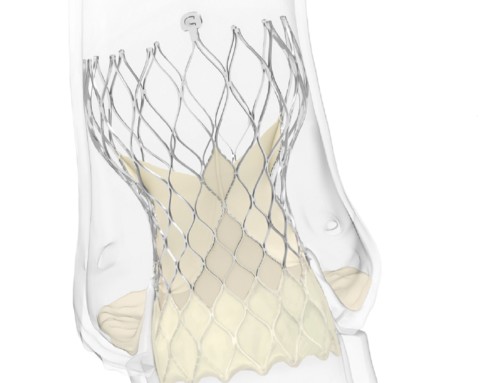
Jeffrey B Jump
In a move to improve the safety of medical devices, in May 2017, the European Union (EU) announced a series of new Medical Device Regulations (MDR) and these are due to come into full force in May next year (2020). These new regulations will not only affect new products requiring certification but also long established medical devices as these will have to be re-certified. In this commentary, Jeffrey B Jump reviews the challenges of the new MDR and how they can be addressed.
The main change is related to the analysis of clinical trials, which are monitored by notified bodies. Currently, there are only four notified bodies accredited for MDR (including one in the UK). The aim is to have 20 accredited bodies in place by the end of this year. Two years ago, we had more than 80 such bodies in Europe but, currently, we only have just over 40. Previously, a device company could obtain certification by taking a competitor’s clinical data and demonstrating that their product was equivalent or significantly better. However, now, they can only do this if they use a competitor’s internal bench and preclinical data—data that is confidential to the competitor. Therefore, a company has to either get permission to use these data (good luck!) or start from scratch.
My belief—one that is shared with others in the industry—is that MDR could become the most disruptive factor to hit the European healthcare market since the start of the Second World War. For a start, around a half of the estimated 500,000 products currently available in Europe simply will not be re-approved, due to the time, cost and administrative input required. The larger medical device companies would need to put up to 80,000 products through the MDR system. Obtaining a CE mark was simple for companies to understand and relatively easy to achieve. But the majority of companies, as well as notified bodies, neither fully understand how to interpret MDR nor foresee the difficulties of getting it implemented. In particular, where new products are concerned, they may look to the USA and Asia for approval instead. I think that, eventually, some medical device companies will quit Europe altogether. Industry experts predict that Europe will eventually lose up to 30% of medical companies currently operating in the continent.
Obviously this will not be good news for patients. A physician who tries to use a specific product that he/she has used many times before could find that it is no longer available. This may result in a life-threatening situation and could ultimately lead to patient deaths. In terms of new products, Europe could quickly find itself left behind other major markets, and patients may have to go abroad to get the latest, most effective treatments.
But, I believe that—even at this relatively late stage—the MDR can still be changed to make it more workable, and some of these changes are very simple. The first and most fundamental is to extend the deadline for the implementation of MDR until at least 20 notified bodies have been accredited. This will allow both the necessary infrastructure to be properly developed and companies to become more familiar with what is required—and to “staff up” accordingly. I am by no means a lone voice in calling for this: the FDA recently urged the EU to consider delaying implementation of the new regulations by three years.
The sheer volume of existing products that require re-approval needs a considerably longer extension to the implementation deadline than the one we are considering for new product approvals, if many of them are not to be lost altogether to the European market. Ten years would be a much more realistic period.
Finally, promising innovative products could be introduced via a fast-track system, along the lines of that already used in both the USA and Japan. For example, a product is proven safe and then given a “provisional licence” to allow it to go onto the market. Post-marketing trials are then conducted to show that it works and is cost-effective.
There are certainly some positive aspects of the MDR in terms of patient safety plus data protection and transparency. If the EU would just see sense and incorporate the sort of changes that I am proposing to make them more workable, then the European medical devices industry will continue to thrive.
Jeffrey B Jump is chairman of four medical device companies in Europe.





